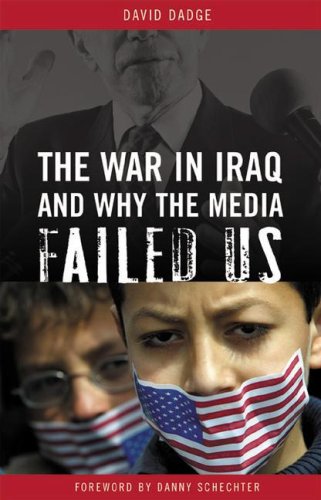

Most ebook files are in PDF format, so you can easily read them using various software such as Foxit Reader or directly on the Google Chrome browser.
Some ebook files are released by publishers in other formats such as .awz, .mobi, .epub, .fb2, etc. You may need to install specific software to read these formats on mobile/PC, such as Calibre.
Please read the tutorial at this link: https://ebookbell.com/faq
We offer FREE conversion to the popular formats you request; however, this may take some time. Therefore, right after payment, please email us, and we will try to provide the service as quickly as possible.
For some exceptional file formats or broken links (if any), please refrain from opening any disputes. Instead, email us first, and we will try to assist within a maximum of 6 hours.
EbookBell Team

4.7
36 reviewsPolls show that a sizeable portion of the American population believes that troops found WMD in Iraq and that Saddam Hussein was somehow responsible for the attacks of September 11. Even after the 9/11 Commission Report and numerous other reports have concluded that our intelligence was flawed, people in the freest nation on earth continue to be misinformed about something that could not be more vital to understand—the reasons for sending troops into harm's way. This insightful analysis argues that the media should have done a better job of performing its traditional role of skeptic and watchdog, and it examines what went wrong.
There are, of course, many people whose support for going to war in Iraq was not contingent on the existence of WMD or a connection to al-Qaeda. But many others based their support for the war on misinformation. Dadge explores why the media did not aggressively investigate the claims made by the administration and intelligence agencies; in short, why they did not do their job: to fully inform the citizenry to the best of their ability. He examines pressures from the Bush administration, pressures from corporate consolidation of media ownership, patriotism and self-censorship, and other factors. He concludes with recommendations for ways in which the media can improve their reporting on government.